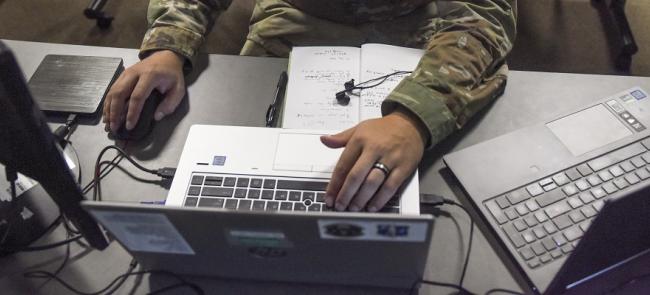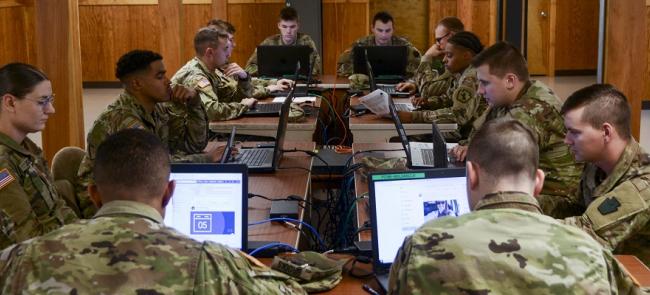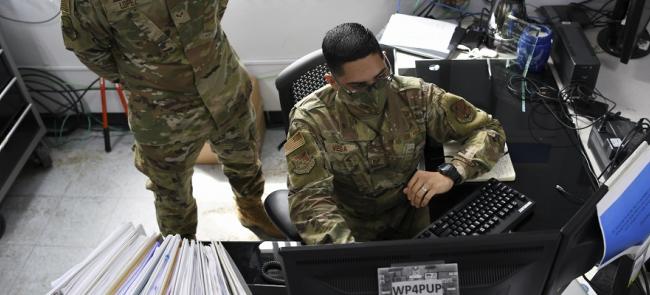
The COVID-19 pandemic drove many online for daily interactions that weren’t otherwise possible in a socially distanced and remote-working world.
Roughly two years after the pandemic began, Army leaders are asking soldiers to continue to safeguard themselves against cyber threats often connected to social media.
In an Army release, Army Criminal Investigative Division agents said soldiers are more connected digitally now than ever before, and there are others looking to exploit that.
“I would say there’s always a good use aspect of social media,” said Special Agent Deric Palmer, CID’s Digital Persona Protection Program Manager. “A lot of people can’t see the harm that comes along with it.”
Even before the pandemic, officials struggled to keep pace with a deluge of fake accounts posing as senior military leaders and deployed soldiers. Some were tied to so-called romance scams, which often target lonely individuals for financial gain and can be difficult to trace and prosecute.
In 2020, the FBI reported more than 23,000 people reported falling victim to romance scams and similar catfishing scams, resulting in the loss of more than $600 million.
Palmer urges soldiers to think of the risk and reward of social media and urged users to maximize the privacy and security settings within their accounts.
He said information gleaned from social media is used for targeted advertisements, but could also help fuel identify theft.
“Think of social media as a massive watering hole, and everybody goes to social media,” Palmer said. “Well, if you have all the animals going to the watering hole, the predators are right there with you. People don’t really think about that. They think about what’s fun and, especially under the current COVID times, there’s been a big turn to social media to deal with the contentions of being quarantined and teleworking. People don’t think about the trolls and the lurkers on social media that are basically stalking people.”
Those predators could be anyone from an old acquaintance to state actors from an adversarial government, he said.
“If anyone tells you that something is 100% secure in a cyber aspect, they’re lying to you,” Palmer said. “There’s going to be a vulnerability whether we know about it, or we don’t know about it.”
Among his tips, Palmer advises soldiers to keep passwords updated and strong, to encrypt files when needed and to keep their social media accounts private.











